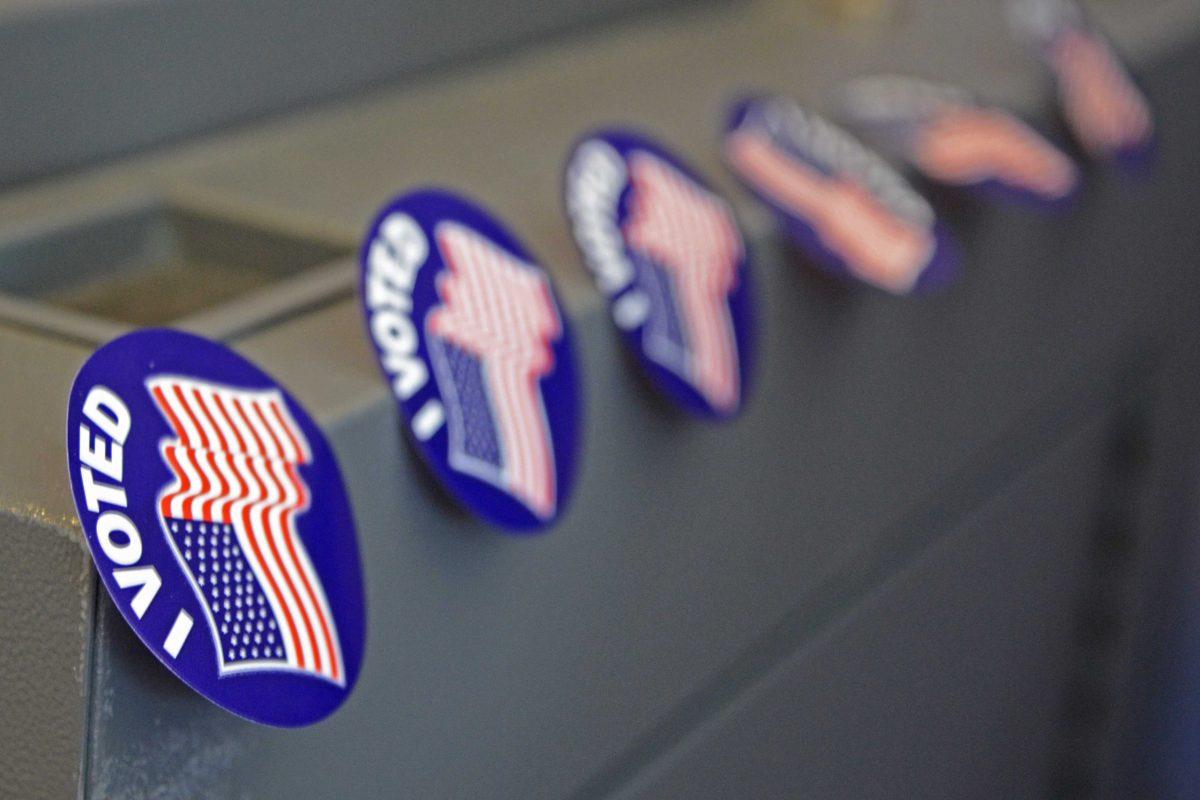College students majoring in STEM fields voted at the lowest rate in the 2012 and 2016 national elections, according to data collected by the Institute for Democracy and Higher Education at Tufts University.
Students majoring in the social sciences, health professions and humanities voted at the highest rates in both election years, while business and STEM students voted at the lowest rates.
It’s unclear why students majoring in STEM fields were less likely to vote compared to other majors, but researchers at Tufts University said “self-selection bias” could be one possible explanation.
“Although turnout varied by students’ academic field of study in similar ways across elections, we cannot yet definitively say why student major predicts voting behavior,” the paper said. “One possible explanation is that civically engaged students are drawn to civically oriented departments or fields of study, such as public administration or political science.”
Additionally, once students choose which departments to join, the atmosphere or culture within that department can influence, or not influence, them to become more civically engaged.
For biology professor Morgan Kelly, politics and science have always been parts of her life.
“My mother is a biology teacher and she took her students to Congress when the Endangered Species Act was being reauthorized to have them grill their congresspeople on what they knew about endangered species,” Kelly said. “So she’s been a good model for being politically engaged.”
Kelly signed up to be a volunteer poll worker for the 2020 election after she heard there may be poll worker shortages due to the coronavirus pandemic. She said STEM educators could do more to promote a sense of civic responsibility and engagement in their students.
“I do think there is more that we as faculty and educators can be doing to encourage civic engagement,” Kelly said. “Going forward, it’s really important that we as science educators educate ourselves in that role of providing a good education of these issues which are the foundation of good decision making as a society. If we see ourselves that way it might help our students become more civically engaged.”
Kelly said applying her knowledge of biology to societal issues is a motivating factor in her work.
“I think in any STEM course there are going to be applications of what students are learning to important societal issues,” Kelly said. “It’s important for learning those topics that students are able to connect those topics to real-world issues. For me, that’s an important part of the motivation to learn about those issues.”
When the Texas Board of Education considered the adoption of public school textbooks that undermined the science around evolution in 2008, then-graduate student Jeremy Brown and his fellow evolutionary biology classmates knew they had to get involved.
Brown and his classmates testified in front of the school board in a meeting to help ensure that quality science textbooks made it into classrooms in Texas and beyond.
“The meeting was an eye-opening experience for me, but the issue was one I cared, and continue to care, deeply about,” Brown said. “Evolution is extremely important to solving many of the problems we face as a society.”
Brown said this was one of his first opportunities to get involved in the political process, something he said he continues to do as a biology professor at LSU.
Brown said he found the STEM voting research surprising and unfortunate since STEM students have unique perspectives on how to solve societal issues.
“I think everyone should be engaged and I think STEM students have a really valuable perspective on a lot of these problems and a lot of the ways that we might solve these problems,” Brown said. “So I would hope that they would be willing to use that perspective to inform their own decisions and vote and also talk to others about what they think about these issues.”
Brown said that besides the researchers’ self-selection and department culture explanation, one reason students interested in STEM fields might be less civically engaged is because they typically deal with clear-cut, objective answers about the world. However, political questions and social issues are often framed differently.
“Many questions which are politically controversial involve statements of value and that is often not the way we frame scientific problems, which are more concrete, objective answers,” Brown said.
However, Brown agreed that STEM educators could do more to encourage civic engagement.
“We [STEM educators] always have an obligation to think about the ways in which our science affects the broader problems and issues that society faces,” Brown said. “Hopefully, discussion of how a scientific perspective can inform those solutions would be something that would at least implicitly be brought up in classes.”
Biology senior Mark Yeats said elective courses he took in the humanities helped him think about how he could apply his scientific knowledge to real-world issues.
However, the majority of his STEM courses didn’t have any civically-minded aspect to them. Yeats said most of his friends majoring in STEM fields don’t discuss politics and that he sometimes calls them out for this.
“A lot of times it’s me calling them out about things like that. I nag a lot and I do call people out. I’m pretty vocal,” Yeats said. “You’re not just voting for yourself, you’re voting for all kinds of things and all kinds of people, that’s the way I see it.”
Brown said he hopes the relevance of science during the 2020 election will motivate more STEM students to vote.
“There have been a number of issues that are scientifically relevant. Whether it’s the direct distrust of perspectives provided by science and scientists, even those employed by the government, or the various issues like the pandemic and global climate change,” Brown said. “I would hope that the importance of these issues would motivate people to vote.”
“It is true that science and expertise are really at the core of some of the issues that we are dealing with right now,” said chemical engineering professor Kalliat Valsaraj. “And therefore, I think there is a lot more recognition among the public that science generally has something to offer in solving some of these problems.”







